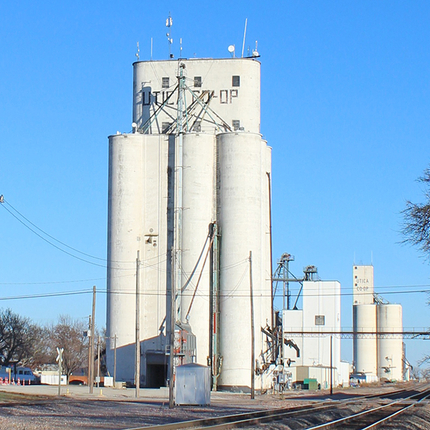The sale and closure of a midsize manufacturing plant in a nearby small town got me thinking.
The business was home-grown, but no one in the next generation was interested in taking the helm. The owners were ready to retire, and they needed to sell the business.
The buyer was from out of state. The business was profitable, but the new owner had no ties to the local community.
You know how this ends.
The new owners soon realized that they could increase profits by merging their operations. After just a few years, they shuttered the local plant. They took the brand and the sales accounts with them. They left the small town with an empty building.
Are there alternatives to this common story? What if the employees were able to buy the business?
Worker-owned co-ops and employee stock ownership plans are a rural development strategy that could address this challenge.
Rural people have a long history of coming together to form cooperatives to solve challenges. Rural electric co-ops strung wires in sparsely populated areas where for-profit utilities were slow to show up. Farmers banded together to form milk co-ops, seed co-ops and fuel co-ops.
Some small towns have seen new co-ops spring up to run a grocery store or a cafe.
Why not bigger businesses? The lumber yard, the local manufacturing plant or even a labor intensive farm operation like dairy or vegetable production are all candidates. In these cases the co-op members could be the workers themselves.
Businesses at any scale can be structured as co-ops or through employee stock ownership plans.
Worker-owned co-ops allow a broad base of people to share in an ownership stake and build equity over time. The worker-owners are unlikely to shutter the operation and send the jobs out of town.
In rural Maine, 60 workers bought the set of small-town businesses in which they worked. The worker co-op now owns and operates the local grocery store, pharmacy and hardware store. The project included financing from several local development groups.
This model could be replicated in your community.
Are you a business owner who one day plans to sell the business? You might consider if selling to your employees could work for you. Do you live in a town where an important employer will change hands in coming years? You might consider what support the local community might offer to help the business stay in local hands.
It is time to dust off the handbook on forming co-ops and get to work.
Featured photo: Rural people have a long history of coming together to form cooperatives to solve challenges. Why not band together for bigger businesses? | Photo by Rhea Landholm




